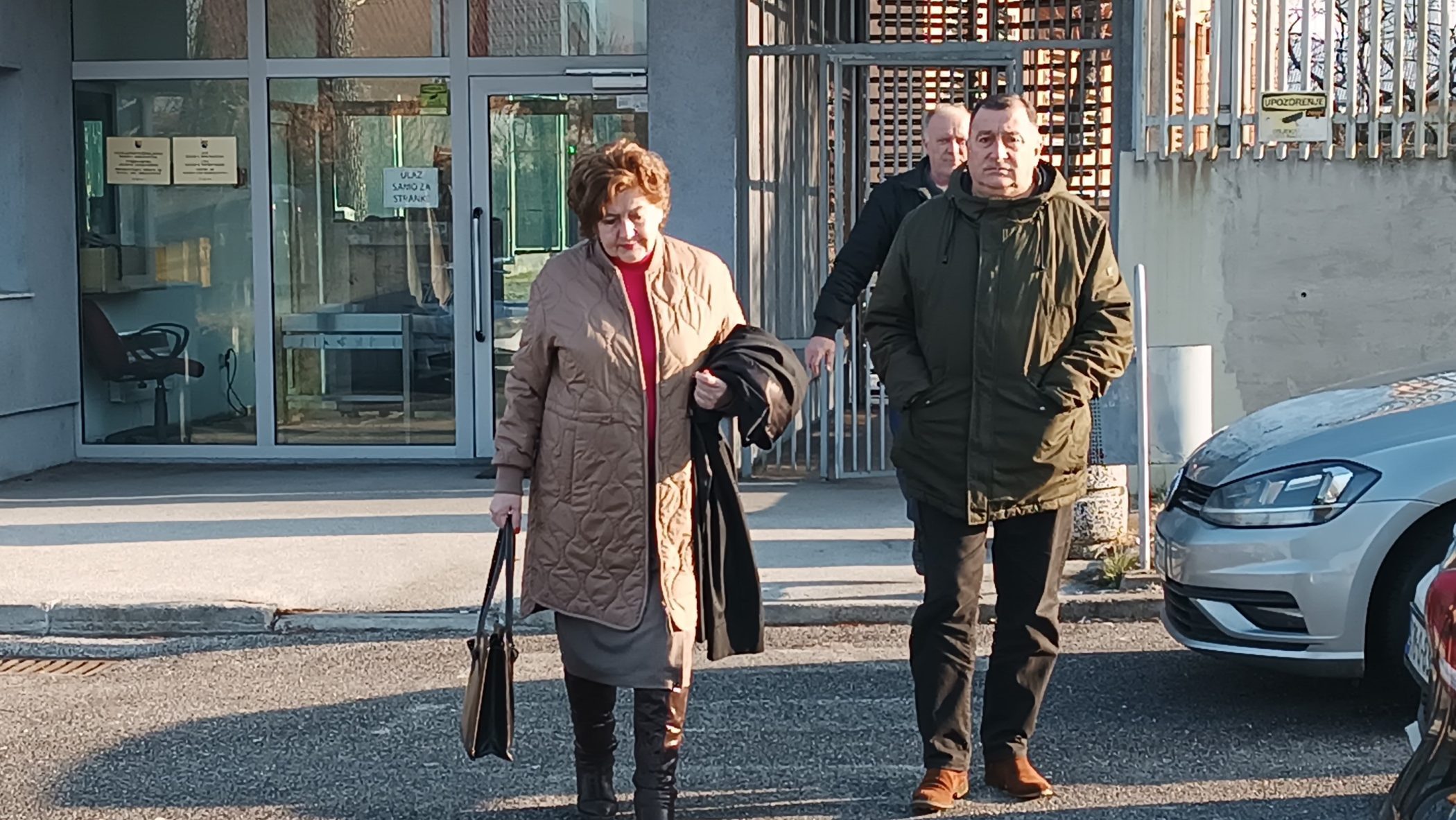This post is also available in: Bosnian

The Bosnian state court in Sarajevo on Tuesday acquitted Miladin Trifunovic, wartime commander of the Bosnian Serb Army’s Vogosca Brigade, of issuing orders for detained civilians to be taken away and used them as forced labourers on the frontlines even though he knew that fighting was ongoing there and that the prisoners would not be safe.
He was also cleared of allowing commanders of units subordinate to him to issue similar orders.
“After analysing the evidence, the judging panel did not establish beyond reasonable doubt that the defendant Trifunovic committed the criminal offence with which the indictment charges him,” said presiding judge Braco Stupar.
Stupar said that, based on the evidence, the court established that there had been a widespread and systematic attack by the Bosnian Serb Army Ilijas and Vogosca area, and that the accused, due to his position, knew about f the attack.
“However, the judging panel could not establish beyond reasonable doubt that the accused undertook actions that were part of that attack,” said Stupar.
The civilian detainees allegedly used as forced labour were being held at the Planjina Kuca prison in Vogosca.
The court said that the existence of the Planjina Kuca jail, where Bosniak civilians from Ilijas and Vogosca were imprisoned, is indisputable. However, Stupar said that after analysing witness statements and evidence, it could not be determined that Trifunovic gave consent for the prisoners to be taken away.
Stupar said that in the two orders that Trifunovic sent to the prison management, which were filed as evidence by the prosecution, it was clearly stated that the reasons for taking the prisoners were related to construction work.
But he added that it was not possible to clearly determine who assigned the prisoners to the work site.
“The judging panel’s opinion is that the casual relationship between the accused’s actions and the consequences has not been proven,” concluded Stupar.
This was a first-instance verdict and can be appealed.

